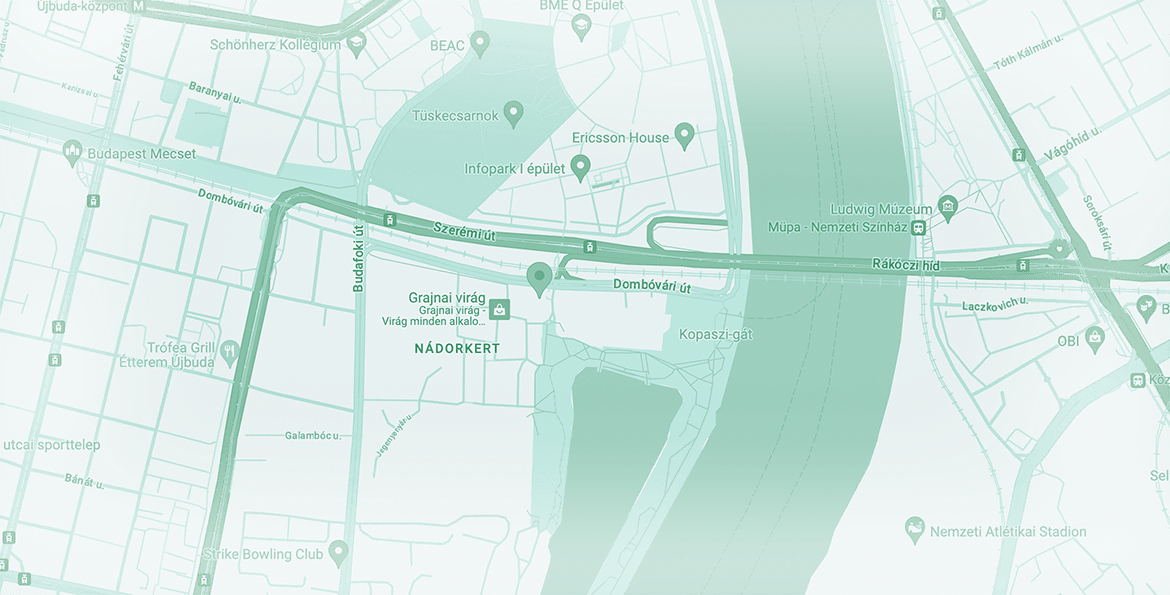
EU citizenship by descent
Many countries around the world offer fast-track citizenship to foreign descendants of former citizens. But how does that work – and how can you become an EU citizen?
Many countries around the world offer fast-track citizenship to foreign descendants of former citizens. But how does that work – and how can you become an EU citizen?
Citizenship by descent
As a rule of thumb, you will be considered a citizen of a country if you were born there and your parents were also citizens. Additionally, many countries extend the right to citizenship even to descendants of citizens who had left the country.
Depending on your ancestral country, you can usually become an EU citizen if your parents were citizens. In some cases, even your grandparents or great-grandparents may be considered, or any ancestors back to the foundation of the country – you can find an interactive map with the number of relevant generations here. (Mind you, because of the history of Europe, in some cases “the foundation of the country” as it is today means only the 20th century, or the second half of the 19th century.)
In this sense, Hungary is among the EU countries with the most favorable conditions for obtaining citizenship by descent. There is no restriction on the number of generations, and there is no specific date before which your family will not qualify. You just need to show a paper trail of your ancestors.
Consider the option for dual citizenship
If you are thinking about applying for EU citizenship by descent, make sure to check whether you will be able to retain your original citizenship. While these days many countries are quite liberal concerning dual citizenship, in some cases it is possible only with some restrictions.
For example, while Hungary or Luxemburg does not restrict dual citizenship, in Bulgaria you must be either already a citizen of a European country or married to a Bulgarian citizen. In contrast, Poland is known for considering descendants of former citizens its citizens by default – which might be a problem if you want to visit Poland without a Polish passport.
| Country | Relevant ancestry | Dual citizenship |
| Bulgaria | 3 generations | with some restrictions |
| Hungary | no restrictions | permitted |
| Italy | back to 1861 | permitted |
| Latvia | back to 1881 | permitted |
| Lithuania | back to 1940 | with some restrictions |
| Luxembourg | back to 1900 | permitted |
| Poland | back to 1918 | problematic |
How fast is fast-track citizenship by descent?
When you are not a descendant of a citizen, getting citizenship usually requires living in your country of choice for 5-10 years before you can apply. Moreover, application usually involves a test on local laws and culture, to be passed in the national language, before you can take the oath of allegiance.
Conversely, if you are a descendant of a local citizen, you can become a citizen in 1-2 years already. Depending on the country, you might not be required to reside in the country, and the citizenship test might also be waived. For example, in Hungary the procedure will take about a year, and you will only have to meet the administrator to talk about what connects you to Hungary. Even though you are expected to have a conversation in Hungarian, that is still significantly easier than taking the written exam on culture and constitutional studies.
Do you have Hungarian ancestors?
If one of your parents, grandparents, or other ancestors was Hungarian, you probably qualify for Hungarian citizenship by descent. Do you want to become an EU citizen? Take our free eligibility test, which takes just 5-10 minutes, and ask for a consultation to see how to proceed.
Contact
Get in touch today
Monday - Friday
9am - 5pm CET
Helpers Hungary Kft
Budapart Gate
Dombóvári út 27
Budapest 1117, Hungary
If you’re visiting us, please use entrance A and come to the 2nd floor.





